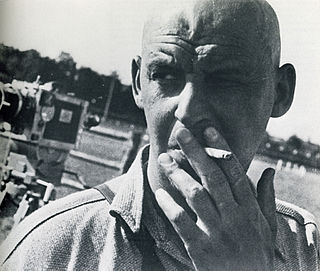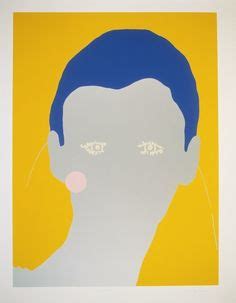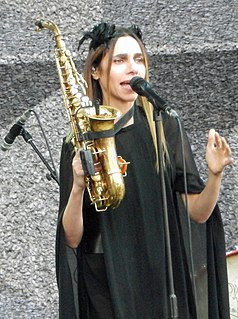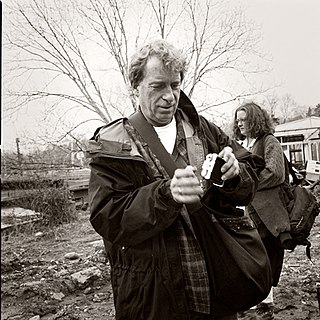A Quote by Stuart Franklin
I was always interested in drawing and painting. I enrolled in college to study painting. But I didn't have any livelihood when I graduated. My mother died very young, and I didn't have any home, so I had to find a way to earn a living. It seemed to me that photography - to the great disappointment, I have to say, of my painting teacher - could offer that. So I went and did a degree in photography, and then after that I could go out and get paid for work. For portraits, things like that.
Quote Topics
After
Always
Any
College
Could
Degree
Did
Died
Disappointment
Drawing
Drawing And Painting
Earn
Enrolled
Find
Get
Go
Graduated
Great
Had
Home
Interested
Like
Livelihood
Living
Me
Mother
Mother Died
Offer
Out
Paid
Painting
Photography
Portraits
Say
Seemed
Study
Teacher
Then
Things
Very
Way
Work
Young
Related Quotes
We struggle against easel painting not because it is an aesthetic form of painting, but because it is not modern, for it does not succeed in bringing out the technical side, it is a redundant, exclusive art, and cannot be of any use to the masses. Hence we are struggling not against painting but against photography carried out as if it were an etching, a drawing, a picture in sepia or watercolor.
Personally I would like to have pupils, a studio, pass on my love to them, work with them, without teaching them anything.. ..A convent, a monastery, a phalanstery of painting where one could train together.. ..but no programme, no instruction in painting.. ..drawing is still alright, it doesn't count, but painting - the way to learn is to look at the masters, above all at nature, and to watch other people painting.
School and things that painters have taught me even keep me from painting as I want to. I decided I was a very stupid fool not to be at least paint as I wanted to and say what I wanted to when I painted as that seemed to be the only thing I could do that didn't concern anybody but myself. I found that I could say things with colour and shapes that I couldn't say in any other way things that I had no words for.
My background is in painting but in school in the sixties, like many artists of that time, I believed that painting was dead. I began to work in collaboration with other artists in the creation of performances and installation works. Soon after, I started making video and photographic works and in the process became fascinated with the media itself. Before long I was setting things up just for the camera. In l970 I got a dog and he turned out to be very interested in video and photography as well.
Humans have changed the landscape so much, but images of the sea could be shared with primordial people. I just project my imagination on to the viewer, even the first human being. I think first and then imagine some scenes. Then I go out and look for them. Or I re-create these images with my camera. I love photography because photography is the most believable medium. Painting can lie, but photography never lies: that is what people used to believe.
Painting is traditional but for me that doesn't mean the academy. I felt a need to paint; I love painting. It was something natural - as is listening to music or playing an instrument for some people. For this reason I searched for themes of my era and my generation. Photography offered this, so I chose it as a medium for painting.



































